Burn less fuel, build better cities
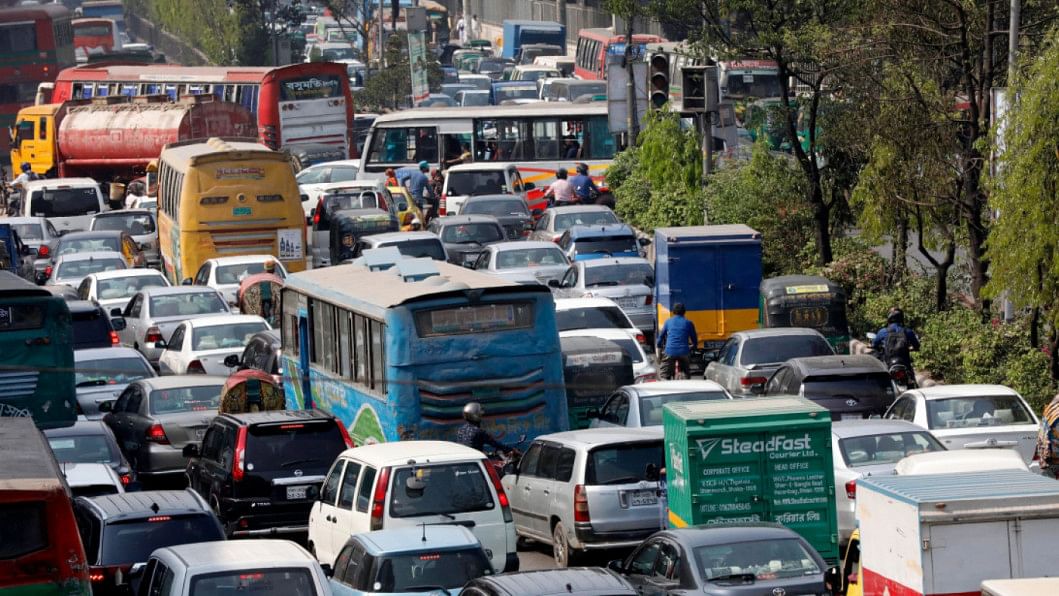
As my readers know, Bangladesh (as with most of the world) is experiencing a fuel crisis. That crisis has led to power cuts and the decision to purchase oil from Russia, despite the atrocities Russia is inflicting on Ukraine. But purchasing oil from Russia is only a temporary solution to an ongoing crisis that is about more than the price or quantity of oil. The real issue is not how to source or subsidise fuel, but how to learn to lead quality lives while burning vastly less of it.
Now, Dhaka residents may disagree about many things, but there's one thing we can agree on: traffic is a nightmare. A fairly short trip that would require half an hour by bicycle can take well over an hour by car. Our lives are dominated by our need to move around and the difficulty and expense of doing so.
And it's not just the time (and money) we waste in traffic. It's the death toll on our roads, the mourning of those dead or seriously injured in road crashes. It's the pollution: the filthy air we breathe, the noise that keeps us awake at night and disturbs our study and work during the day. It's the lack of affordable housing for people, while we continue to build housing for our cars. It's all the children who cannot safely walk or cycle to school, the adults whose daily work commute is a nightmare, the lack of public amenities like parks, because we feel it's more important to have parking space for our cars than parks for our people. It's all the money we spend on road infrastructure, and on buying and maintaining or hiring a car or a motorbike as individuals.
And of course the most pressing issue of our times: the climate crisis. We can't make our cities cooler by planting more trees, because there's no space and budget for it. We can't mitigate urban flooding, because there's no space for canals, no interest in tearing up asphalt to allow the water to seep into the soil rather than flood us out. And the use of our cars and other motorised vehicles contributes to greenhouse gases, worsening the very problem that we can't manage to mitigate.
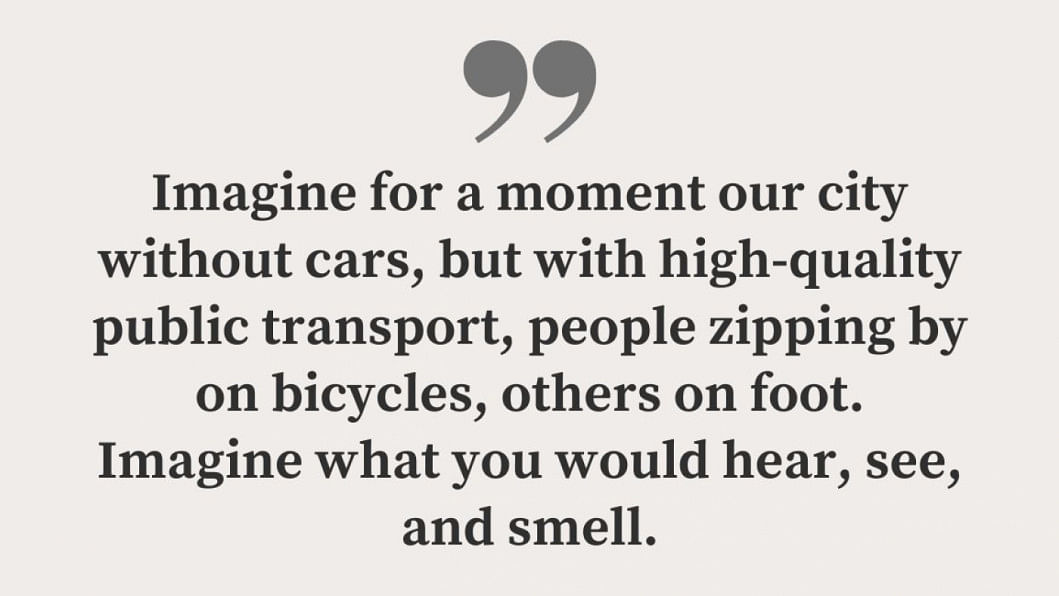
Meanwhile, when we do address these issues, the solutions are always too small to make any real impact or are even counterproductive. Tinkering with the price of fuel. Mandating seat belts and motorcycle helmets, which can reduce the harm from road crashes but don't protect pedestrians or cyclists. Cleaner fuels and more efficient engines, which can at best reduce pollution, not eliminate it. (In fact, by encouraging more driving, they can actually worsen pollution.) Building new roads and widening the existing ones are expensive and only invite more traffic.
Rather than a bunch of partial solutions that fail to improve our urban lives in any dramatic way, why not find the courage to make life in our cities dramatically better, while reducing all these pressing problems? Every year on September 22, people around the world celebrate World Car-Free Day. World Car-Free Day is an annual reminder of the folly of creating car-based transport systems, and of the many advantages that would accrue if we lessened our dependence on fuel, cars and motorbikes, and instead created vastly better conditions for walking, cycling, and public transport.
It is difficult to admit to a mistake, especially as big a one as the belief that cars will make our lives dramatically better without wreaking significant damage. But now that we have gained sufficient experience, it is time to admit that creating a car-based transport system was in fact a mistake. Assuming that we cannot survive without high fuel consumption was a mistake.
Imagine for a moment our city without cars, but with high-quality public transport, people zipping by on bicycles, others on foot. Imagine what you would hear, see, and smell. Contrast it with our existing city. Join us in celebrating World Car-Free Day today and in working to ensure that the life we imagine one day a year could be our life every day: a healthier, happier life that would be good for us, our children, our future generations and our planet. Where our creativity, intelligence, and resources could be used to solve pressing problems, rather than in figuring out how to keep us supplied with the plentiful cheap oil that is fuelling the climate crisis and all the other transport-related problems that are killing us.
Debra Efroymson is executive director at the Institute of Wellbeing, Bangladesh, and an active member of the Carfree Cities Alliance.

 For all latest news, follow The Daily Star's Google News channel.
For all latest news, follow The Daily Star's Google News channel. 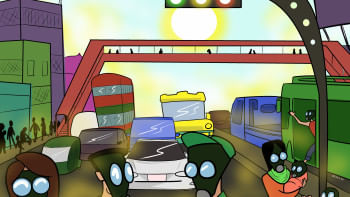
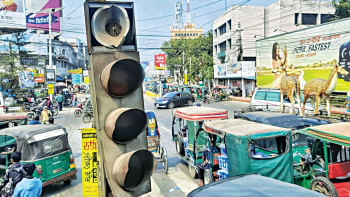


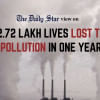


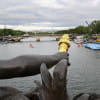
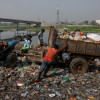


Comments